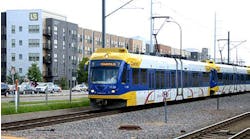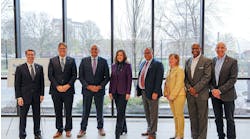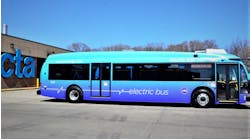The Wisconsin Department of Transportation’s (WisDOT) biennial budget request, released on Nov. 14, proposes to slam Wisconsin taxpayers with a $751 million increase in taxes and fees. At the same time, the budget request does nothing to address the irresponsible and misplaced spending of a Department that prioritizes squandering public money on unneeded highway expansion projects over urgent repair of local roads, transit systems, and bridges all over Wisconsin.
“Raising transportation taxes to pay for unjustified highway expansions is neither fiscally responsible nor in Wisconsin’s best interest,” said Bruce Speight, WISPIRG director. “Governor Walker should reject this tax increase and focus instead on getting Wisconsin’s transportation spending priorities right.”
Statewide, local roads are in disrepair and transit systems struggle to meet local needs. The American Society of Civil Engineers rates 71 percent of Wisconsin’s roads as “mediocre” or “poor” quality. Additionally, 1,157 bridges in Wisconsin—approximately 8 percent of the total—are “structurally deficient.”
Meanwhile, the DOT is forging ahead with a plan to widen Interstate 90 south of Madison from four to six lanes; the project is projected to cost as much as $950 million. When the plan was hatched, official projections foresaw a 29 percent surge in traffic volumes between 2000 and 2010, but by 2012, the most recent year for which data are available, traffic volumes had inched up just 1 percent over the 12 years.
Ironically, on the same day the WisDOT released its next biennial budget request, it also issued a draft Environmental Impact Statement (EIS) that proposes two costly options for expanding I-94 in Milwaukee. The study has ignored community opposition and concerns over detrimental local impacts of the expansion. The EIS also disregards data showing that traffic volumes in the corridor are declining and which call into question the need for expanding the interstate.
“It’s hard to fix potholes and pay for local road maintenance and bridge repair, that communities all over Wisconsin desperately need, when we are wasting taxpayer dollars on highway expansion projects that the data don’t support,” concluded Speight.


